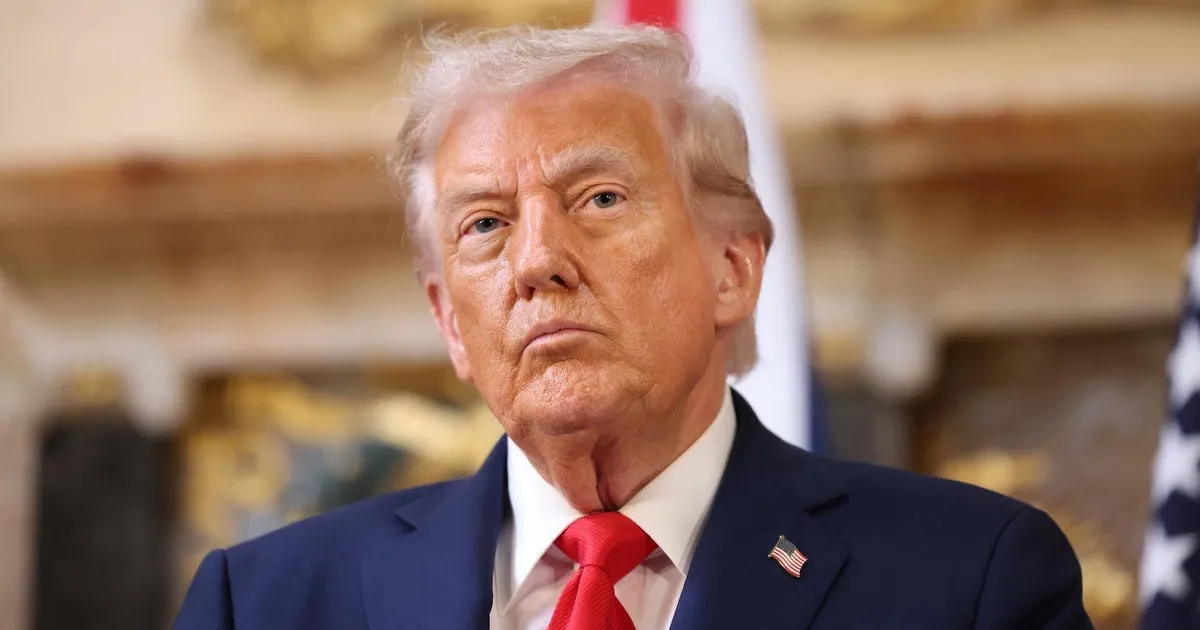
The recent announcement by the Trump administration regarding a new $100,000 fee for H-1B visa applications has generated significant confusion among both immigrant workers and their employers. This fee, revealed in a proclamation by President Trump, marks a substantial shift in a program that has allowed millions of immigrants to work legally in the United States for the past 35 years. The H-1B visa is particularly crucial in the technology sector, with major companies like Amazon, Apple, Google, and Microsoft heavily relying on it. Additionally, this visa is widely utilized in other industries, including finance.
To alleviate concerns following the announcement, the White House issued a clarification stating that the $100,000 fee does not apply to current H-1B visa holders. This fee is a one-time charge incurred only during the initial application process for the visa. White House spokeswoman Taylor Rogers emphasized that this measure aligns with President Trump’s commitment to prioritize American workers by discouraging companies from exploiting the system and undermining U.S. wages. Rogers criticized media reports that caused confusion, asserting that the proclamation's wording is clear.
Despite the White House's efforts to clarify the situation, many tech companies, including Google and Microsoft, advised their H-1B employees who were traveling outside the U.S. to return immediately. There are concerns that these employees may face challenges re-entering the country without paying the new fee. Parul Koul, president of the union representing workers at Google’s parent company Alphabet, indicated that uncertainty remains regarding the implications for current visa holders.
Under existing H-1B regulations, it is typically the employers who pay application fees on behalf of their employees. The introduction of a $100,000 fee could deter many companies from applying, as it represents a tenfold increase compared to previous fees. Emily Neumann, an immigration attorney, noted that very few employers would be inclined to absorb such high costs, which aligns with the administration's goal of encouraging companies to hire domestic talent over foreign workers.
The new fee is applicable to any new H-1B visa applications submitted after 12:01 AM EST on September 21. Each year, the government allocates 85,000 H-1B visas to highly skilled non-U.S. workers, who generally possess at least a bachelor’s degree and expertise in specialized fields. According to U.S. Citizenship and Immigration Services (USCIS), approximately 700,000 individuals currently hold H-1B visas in the U.S. However, the USCIS has already reached its applicant cap for the current fiscal year, which concludes on September 30. Consequently, new applicants in the next fiscal year will be subject to the fee.
The proclamation assures that existing H-1B visa holders can continue to travel freely in and out of the United States. While these visas are valid for three years and can be extended for an additional three years, questions arise concerning the status of current holders who may seek changes, such as renewing their visas or changing employers. Neumann pointed out that there is ambiguity regarding whether current holders will need to pay the fee if they leave the U.S. and apply for extensions or changes afterward.
Experts warn that the $100,000 fee could significantly deter skilled foreign workers from pursuing opportunities in the U.S. Although the technology industry has been the primary beneficiary of the H-1B program, numerous sectors—including healthcare—also depend on this visa to fill critical workforce gaps. Notably, over 70% of H-1B recipients come from India, followed by a significant number from China and other countries.
The proclamation contains a provision that may exempt certain workers, companies, and entire industries from the new fee if they are deemed to support the national interest and do not pose a risk to U.S. security. However, specifics regarding how to obtain such exemptions remain unclear, including which federal agency will oversee the approval process.
In summary, while the White House has attempted to clarify the implications of the new $100,000 fee for H-1B visas, significant uncertainty persists. Employers and employees alike are advised to remain cautious and seek further guidance as the situation evolves.